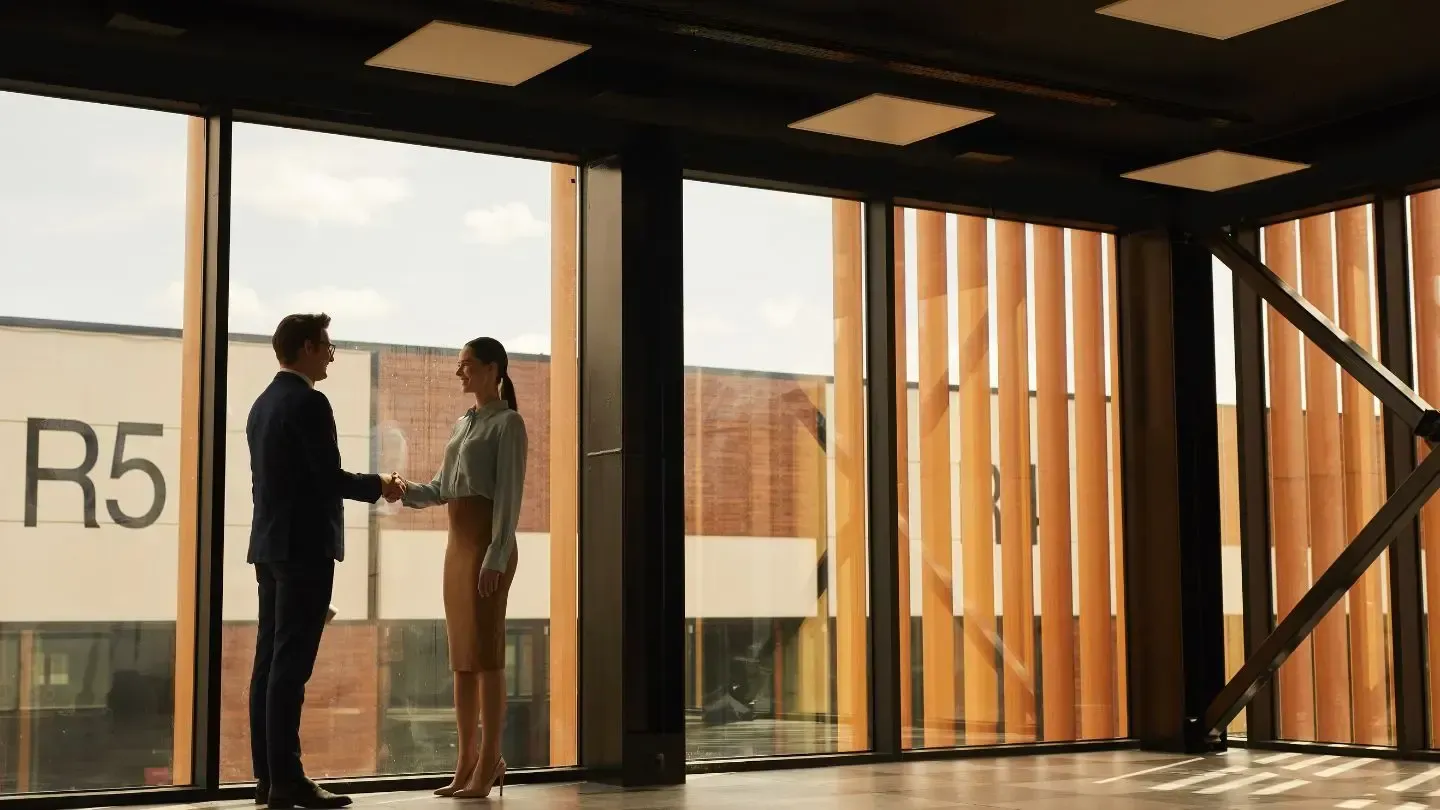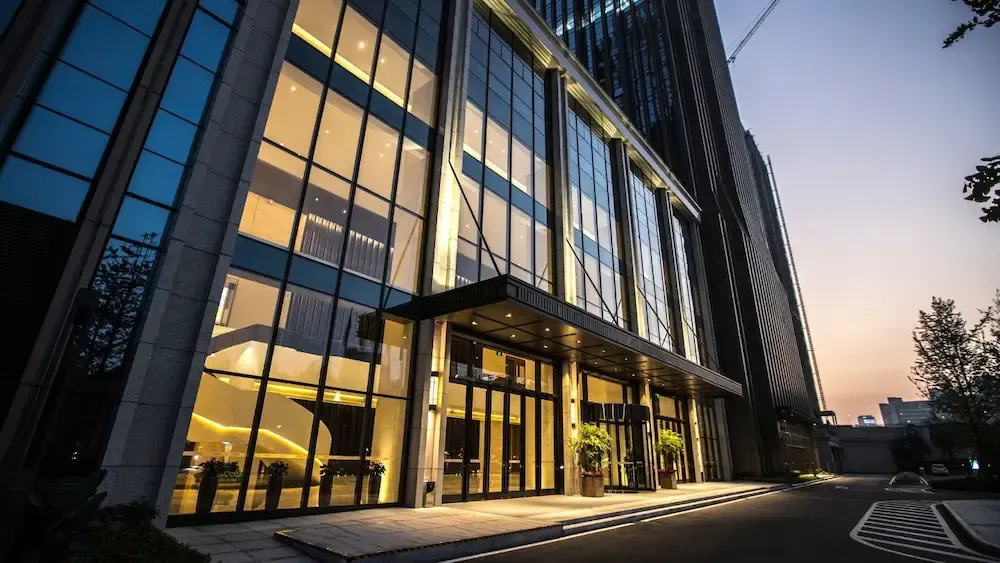Can I break/get out of my commercial lease?
There's a host of reasons why tenants need to get out of a commercial lease. Historically breaks from a commercial lease were due to changes in financial circumstances or changing business needs, perhaps due to growth or a change in operations. But with the cloud and the increased use of tech coupled with economic slow down some businesses have revised their working practices and no longer require a traditional office setup and as much space.
Ending a business lease early is not simply a case of giving notice. By signing a commercial lease agreement, you have entered a legally binding contract. If either party breaches the contract, they can be sued. Courts have the power to award damages or enforce the contract, so it's important the correct processes are followed to avoid litigation.
Review the commercial lease agreement
The process of terminating a property lease starts where it all began – with the signed lease. A landlord is not obligated to accept a surrender request, so be prepared to negotiate with the landlord or agent. If there is no break clause, you may have to buy out the remaining term of the lease, sublet to a third party, or assign the lease.
Subletting the lease
In some circumstances subletting part or the whole premises is a good solution to reduce costs. The landlord's permission needs to be sought but the legal relationship is between you and the additional tenant. Always draw up a sublease contract between you and the subletter and remember you remain bound by the landlord's lease.

Assigning the lease
This is when you transfer the lease to a new party. They will be bound by the same obligations as per your contract, but a new legal relationship is created with the landlord which can include new terms. Landlord consent is still required, but most cannot unreasonably withhold that. You must realise, unless negotiated otherwise, if the new tenant defaults on rent you are liable.
Weston Ward & Lascelles Ltd are Christchurch NZ business and property lawyers, who can help with your lease issues.
Navigating commercial lease disputes
When commercial lease disputes arise, early professional intervention can save significant time and expense. Our business and property law service teams in Christchurch are experienced and efficient in resolving commercial tenancy issues before they escalate.
The Christchurch commercial property market has unique considerations, particularly post-earthquake, where building code compliance and structural integrity remain ongoing concerns. Our business advisory services include assessment of lease obligations related to building maintenance, seismic strengthening responsibilities, and insurance requirements.
For tenants facing financial hardship, our business and property law NZ teams can negotiate temporary rent reductions, payment plans, or lease restructuring with landlords. These negotiations require skilled mediation and a thorough understanding of both property law and business realities – precisely the intersection where our firm excels.
Commercial lease agreement essentials
A well-drafted commercial lease is your first line of defence against future complications. Our business and property solutions NZ teams recommends including these critical provisions in any commercial agreement:
- Detailed exit clauses: beyond standard break clauses, consider negotiating specific exit conditions tied to business performance metrics or external market conditions.
- Dispute resolution mechanisms: structured processes for addressing disagreements can prevent costly litigation NZ proceedings.
- Maintenance responsibilities: clear delineation of tenant versus landlord obligations regarding repairs and maintenance helps avoid common disputes.
- Rent review provisions: transparent formulas for calculating future rent increases provide certainty for business planning.
- Force majeure clauses: recent events have highlighted the importance of provisions addressing unforeseeable circumstances that may impact business operations.
- Fitout clauses: anything attached to the premises becomes at law part of the property and subject to rent review. So if you are paying for work these need to be excluded from the review.
Our business and property conveyancing Christchurch teams can review existing leases to identify potential vulnerabilities or draft new agreements that protect your interests while maintaining balanced landlord-tenant relationships.

Commercial tenancy during business restructuring
For companies undergoing restructuring, merger, or acquisition, commercial lease obligations require special consideration. Our business consulting services include strategic advice on managing property obligations during corporate transitions. This might involve:
- Negotiating lease transfers as part of business sales.
- Consolidating multiple leases following merger activities.
- Restructuring lease arrangements during business downsizing.
In these complex scenarios, coordinated advice from both our property law in Christchurch and business law teams ensures all legal implications are properly addressed.
Proactive commercial lease management
Rather than waiting for problems to arise, forward-thinking businesses engage business and property lawyers for regular lease reviews and strategic planning. This proactive approach identifies opportunities for:
- Renegotiating favourable terms before renewal deadlines.
- Addressing potential compliance issues before they trigger defaults.
- Planning premises requirements to align with business growth projections.
- Structuring leases through New Zealand property trust arrangements for tax or succession planning advantages.
Businesses with proactive lease management strategies face significantly fewer commercial property disputes and enjoy greater flexibility when business needs change.
Legal support when you need it most
Commercial property matters often criss-cross with other legal areas, including relationship law, employment trusts, financing, guarantees, shareholder agreements, structures, tax and occasionally civil litigation.
At Weston Ward and Lascelles Ltd, our clients benefit from the seamless support across all the disciplines. This ensures you receive comprehensive advice that addresses both immediate lease concerns and broader business implications without delay.
If you need legal services because you have an existing agreement and wish to break the commercial lease, contact Weston Ward Lascelles today for a chat. Our commercial property business lawyers Christchurch teams will assess your situation, explain your options, and develop a strategic approach tailored to your specific business needs. Call 03 379 1740 and take the first step toward resolving your commercial lease challenges.
Legal services





